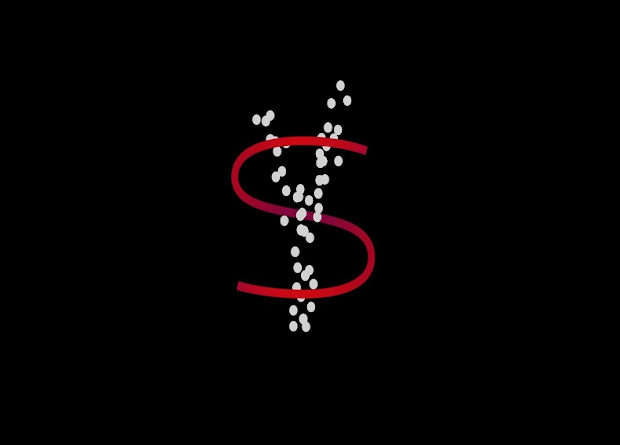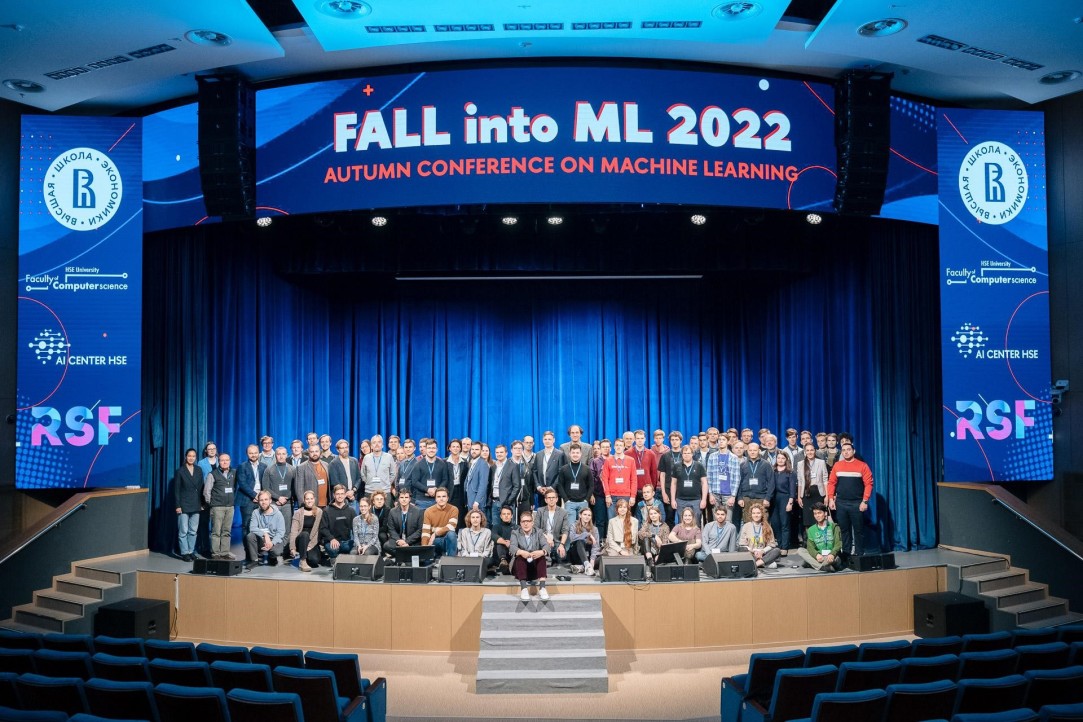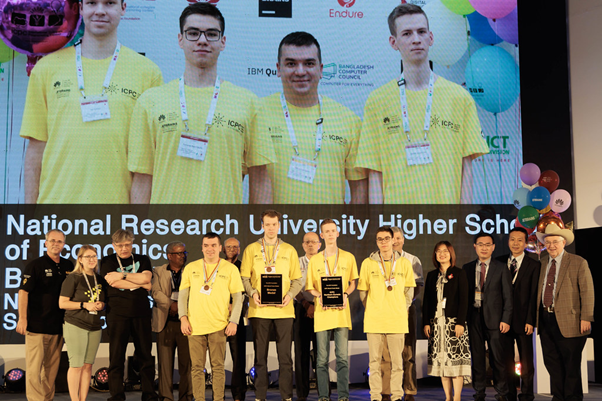After getting his Master’s degree in Computer Science in Rome, Julio Carrasquel decided not to pursue a corporate career in IT, but to move to Moscow to get a PhD at HSE University. As a result, he received a scholarship on the Advanced Doctoral Programme, successfully defended his thesis, and was named one of the university’s Best Teachers. Julio talked with the HSE News Service about his path in academia and life in Russia.







.jpg)








.jpg)

